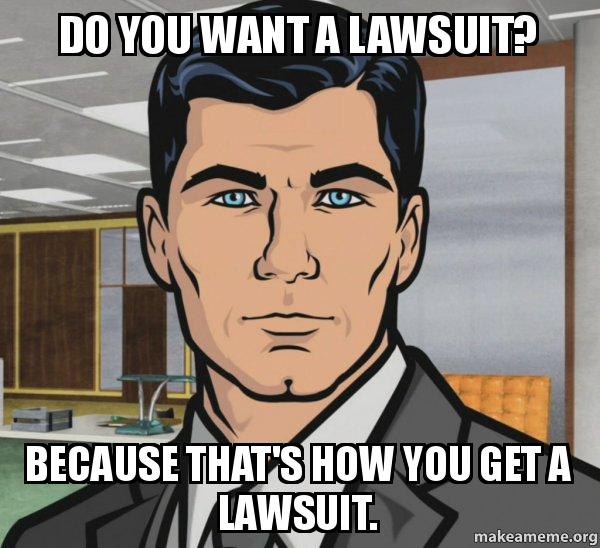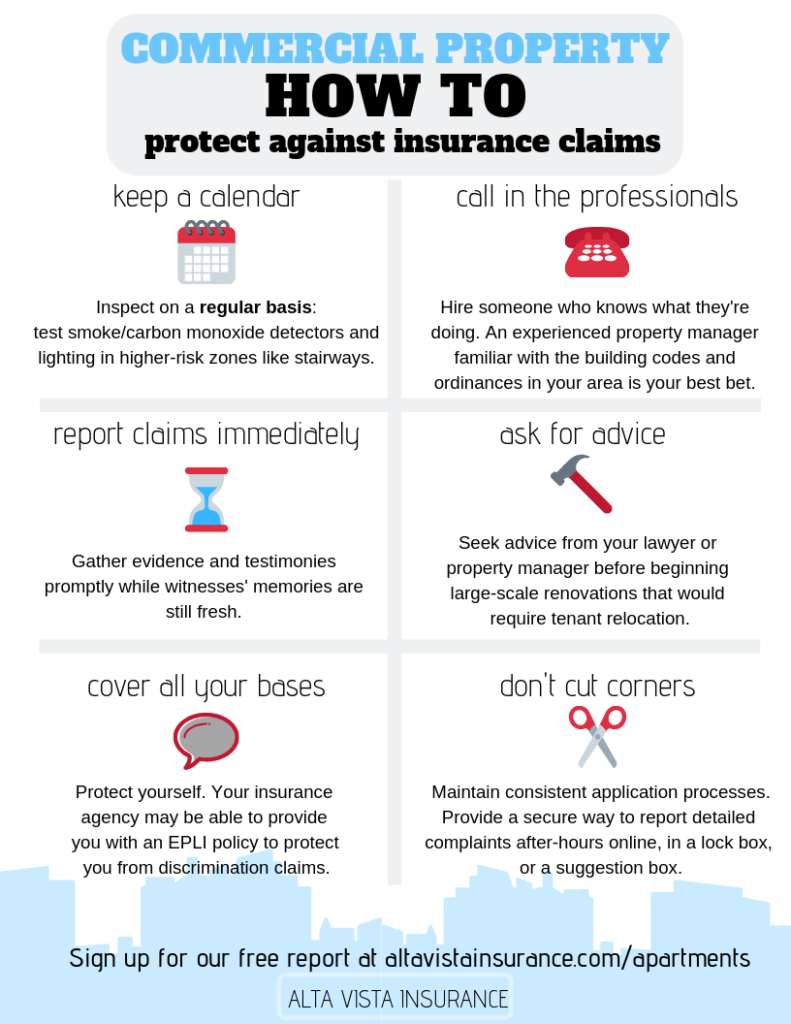Top 3 Reasons Why Requiring Renters Insurance in California is a Must
What is Renters Insurance?
Renters insurance is a type of policy designed for a property you are renting that provides protection in the event of a sudden or accidental occurrence known as a covered peril. These policies protect your tenants in the event of a loss and include three key benefits: coverage for the person, their belongings and stuff, and additional living expenses. The coverage in the policy is referred to as personal liability, personal property, and loss of use.
In California, not everything is covered under renters insurance, so we’ll show you how each plan can be tailored accordingly to fit your tenant’s lifestyle.
Here’s a great resource you can provide to your tenants to educate them about the importance of renters insurance.
1. Does Renters Insurance Protect Landlords in California?
With renters insurance, landlords can protect themselves and their business against liability from tenant’s negligence. It can also protect you from additional costs due to natural disasters or other occurrences. When your tenants carry renters insurance, they protect themselves and it can add an additional layer of protection which can lead to fewer claims filed.

2. What Does Renters Insurance Cover?
We talked about the three key coverages that renters insurance includes: personal property, liability, and additional living expenses. Personal property will cover your contents and belongings inside the property from a covered peril. Things like clothing, furniture, appliances owned by the tenant, and electronics up to the limits of the policy. In California, a good recommendation is including replacement cost coverage for personal property. This provides full replacement for your tenants’ contents and belongings. Without replacements cost, personal property would be covered on an “actual cash value” basis, which could lead to tenant complaints. Liability is the second most important coverage on a renters policy and is overlooked in most cases. In the event of an accident like a slip and fall or personal injury matter like slander liability coverage will pay for claims that arise if a tenant is found responsible or liable for the injuries. It can also cover accidental damage to someone else’s property caused by a tenant.
This can help landlords and property owners reduce claims to their commercial property insurance and reduce out of pocket expense to their business. Another great reason to require renters insurance from your tenants.
The third coverage is loss of use. This will cover any additional living expenses for your tenant if their unit is damaged and needs repair. Things like, a stay at a hotel, or the cost to sign a temporary lease while the repairs are being completed. In California, it can also cover additional living expenses if your tenants are in a mandatory evacuation zone due to a catastrophic wildfire.

Fire
Fires are a common peril and can happen due to many different reasons. Whether it’s a kitchen fire, a faulty wire, neighbors negligence, or even a wildfire the damage that is caused can devastate a home or apartment building. Some renters insurance plans will cover fires if your tenant is negligible, like if they forgot to blow out a candle or left the stove on. Between the fire and smoke damage your building could cost more to repair than you think.
Water Damage
Water claims are the number one cause of loss in California and a huge pain point for landlords, especially when you own a building with multiple stories or units that share walls with each other. If a pipe bursts behind the walls it can cause major damage to the building and the interior, like your tenants belongings or furniture. Your landlord insurance covers your structure from water damage that is sudden or accidental and renters insurance covers your tenants “stuff” inside their unit.
Earthquakes and Floods
In California earthquakes and floods are catastrophic perils that require separate policies. When we say flood, we’re talking about outside water due to storm surge or rising water, like a tsunami. Earthquakes and seismic activity can cause total losses to buildings and force tenants out of their homes without a place to live. Tenants can also purchase coverage to protect themselves from these natural disasters separate from their standard renters policy. Your landlord insurance will cover your building but it will not cover any property owned by the tenant. That is why renters insurance is a must for your tenants and their policy will cover their belongings and in most cases replace them. Renters insurance with these additions gives landlords and tenants peace of mind that they can recover from a large natural disaster, like an earthquake or flood.
Theft
Having a safe home environment is important to your tenants. Living in an area with security is an important factor when choosing a place to rent. Proper basic protective devices like deadbolts, locks on windows, and even burglar alarms can deter break ins and theft which can reduce damage to the building and filing claims. In the event of a theft, renters insurance can help your tenants replace the items that were stolen. Make sure your tenants document the loss with the proper authorities, that way the renter’s insurance company will pay claims for theft to their property. Tenants can also purchase special coverage for valuable items like jewelry, artwork, guns, and antiques.
Lawsuits
Tenants can be sued for a number of reasons due to their own negligence. A slip and fall accident by a guest or if a tenant is responsible for damaging someone else’s property can lead to liability claims that can be costly and stressful. Requiring renters insurance for your tenants in California can mitigate claims for the landlord if their tenants are responsible for damages or if guests are injured and seeking payment for their pain and suffering.
3. How Renters Insurance Protects Landlords
Rising Cost of Insurance
I think we’ve made good case for making renters insurance a requirement for tenants. It offers many benefits to renters to help them protect themselves while giving landlords another tool to protect their real estate investment. When landlords file claims it can lead to higher insurance premiums and in some cases your policy can be non-renewed if there is a frequency of multiple claims. Requiring tenants to provide renters insurance to protect themselves can reduce your exposure to claims and prevent rising insurance costs.
When landlords require renters insurance from their tenants, it creates an additional layer of protection against liability and additional fees due to catastrophic natural disasters, like wildfires in California, and sudden or accidental occurrences.
Managing risk exposures while reducing out of pocket expenses is very important when reviewing your real estate investment portfolio. If you own an investment property you should be working with an agent that specializes in helping landlords and real estate investors stay informed about potential exposures to their business and protect their real estate investments. Hiring a risk manager like Alta Vista Insurance is a sound business strategy to help you be financially protected, build wealth, and achieve financial freedom.
To book an appointment to talk about your investment property click the link here and let us help you create a plan to protect your real estate portfolio.









































